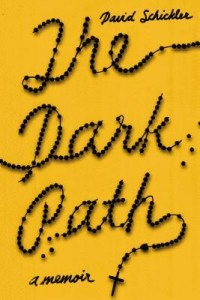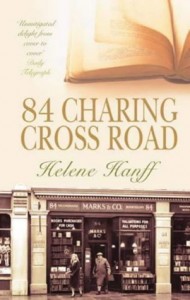 Title: Literary Theory: A Very Short Introduction (Goodreads)
Title: Literary Theory: A Very Short Introduction (Goodreads)
Series: A Very Short Introduction #4
, 1997
Pages: 144
Buy: Amazon, Book Depository, Kindle (or visit your local Indie bookstore)
Literary Theory: A Very Short Introduction, as you might have guessed by the title, gives you a quick overview on the importance of literary theory. It is a little introduction on the history and the progression of literary studies. It was interesting how the book looked at literary criticism as a field of studies that is losing a battle to cultural studies. Even thought this field steams from the study of literature, people seem more interested in studying music, movies and TV than literature. Cultural studies seem to be pushing out literary studies and, sadly, the two fields may merge.
I got the broad-brush strokes on literary theory from this book but it never really explored any literary movements in great detail. I really wanted to learn more about the different schools of thought. The book provides a basic idea of what each school is focusing on; “‘the class struggle’ (Marxism), ‘the possibility of unifying experience’ (the new criticism), ‘Oedipal conflict’ (psychoanalysis), ‘the containment of subversive energies’ (new historicism), ‘the asymmetry of gender relations’ (feminism), ‘the self-deconstructive nature of the text’ (deconstruction), ‘the occlusion of imperialism’ (postcolonial theory), ‘the heterosexual matrix’ (gay and lesbian studies).” This did allow me to have a general idea of the schools but I suspect there is a lot more complexity to them. Also this is a very small sample of the different schools of thought; probably just the more popular ones..
In the end I found the most informative section of the book to be the appendix, which had a brief definition of most of the literary schools of thought. This was the information that I was looking for but the book did provide a decent starting point for someone like me. I know I will need to read a lot more about literary theory but I’m starting to get a handle on what to expect. I know I’ll never be an expert in all fields but the more I learn, the more I understand each school of thought in a basic sense.
I feel like my interests will be focused on psychoanalysis and Marxism. I like the idea of using psychology to analyse characters in a book; it could be dark and twisted and that is the type of thing I’m interested in. You only have to see my opinions on Frankenstein and Crime and Punishment to see that. I’m also interested in the social structure and how society affects the characters, so I think Marxism will be an interesting field of study as well; it will also have the added bonus of freaking out my in-laws.
This A Very Short Introduction series of books are a great idea, I can see myself trying out some different ones in different ranges of topics. They don’t just focus on literature, you can learn about religion, sociology, music, history, psychology, science and so much more. I plan to try out a few more of the books; I’m thinking the one on Marx might be my next choice. They are short and if you prefer they are also available as audiobooks.

 Title: Young Romantics (
Title: Young Romantics ( Title: My Salinger Year (
Title: My Salinger Year ( Title: Boardwalk Empire (
Title: Boardwalk Empire ( Title: The Dark Path (
Title: The Dark Path ( The Novel Cure: An A-Z of Literary Remedies by Ella Berthoud, Susan Elderkin
The Novel Cure: An A-Z of Literary Remedies by Ella Berthoud, Susan Elderkin Book Lust: Recommended Reading for Every Mood, Moment, and Reason by Nancy Pearl
Book Lust: Recommended Reading for Every Mood, Moment, and Reason by Nancy Pearl Title: Little Failure (
Title: Little Failure ( Title: 84 Charing Cross Road (
Title: 84 Charing Cross Road ( Title: Careless People (
Title: Careless People ( Title: How Proust Can Change Your Life (
Title: How Proust Can Change Your Life (